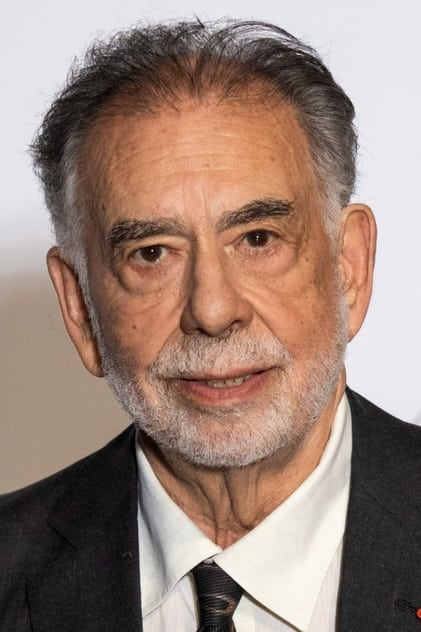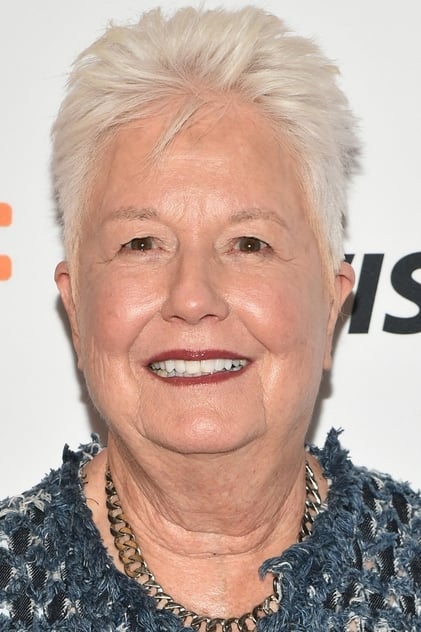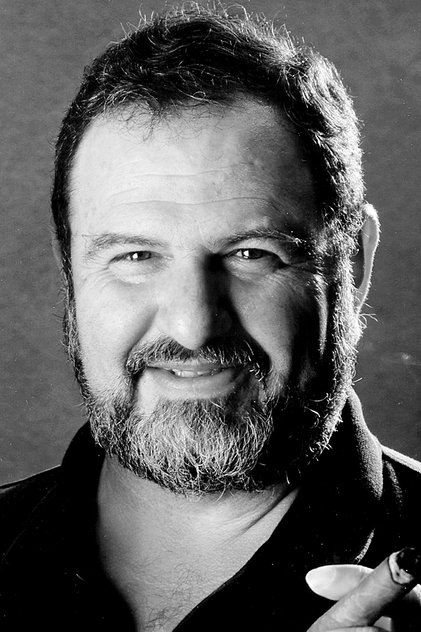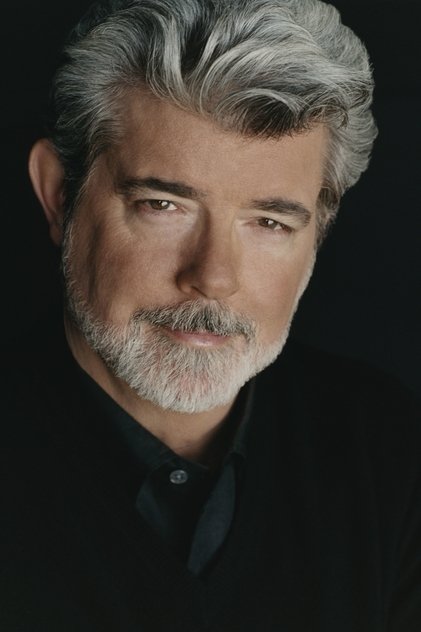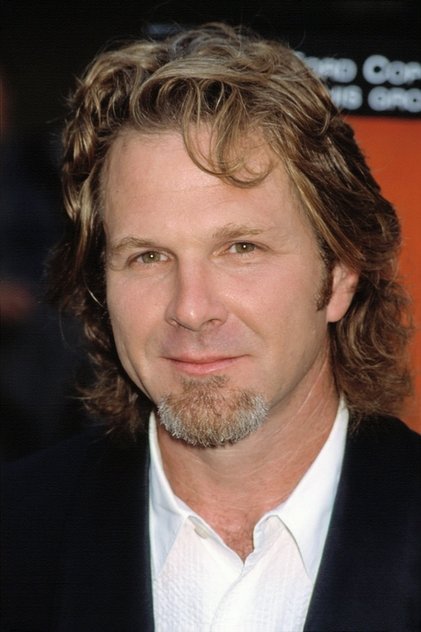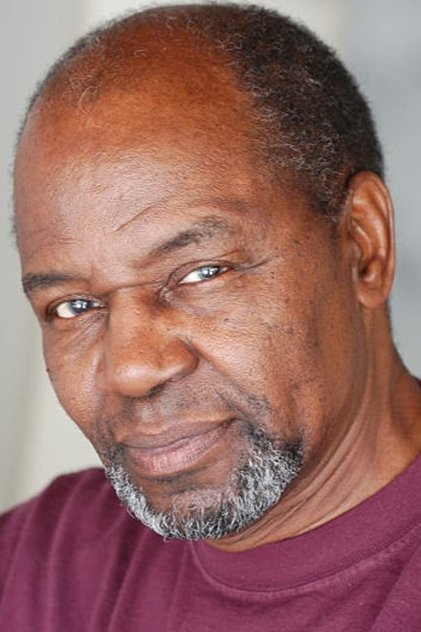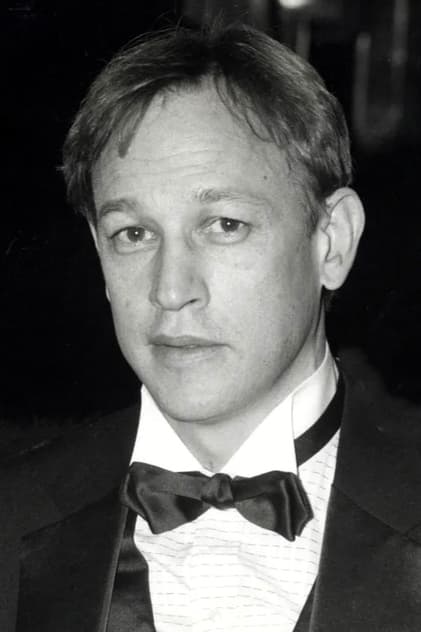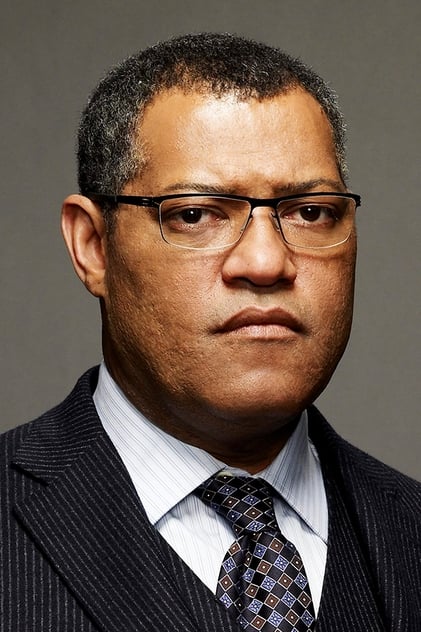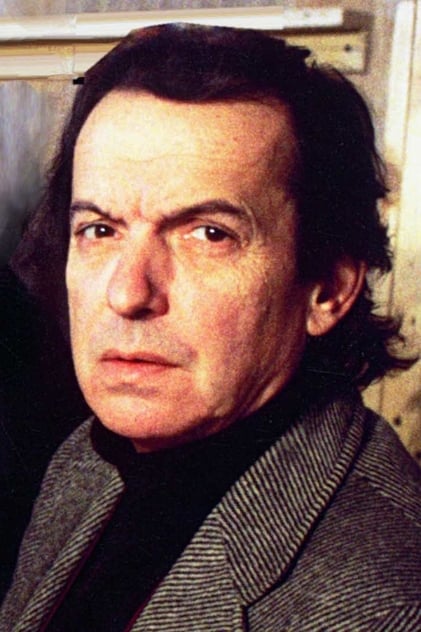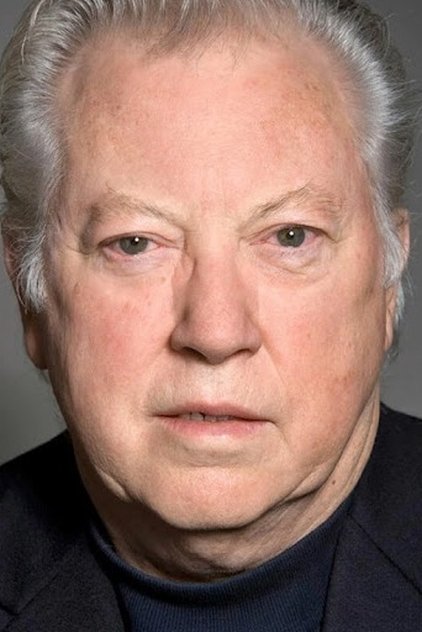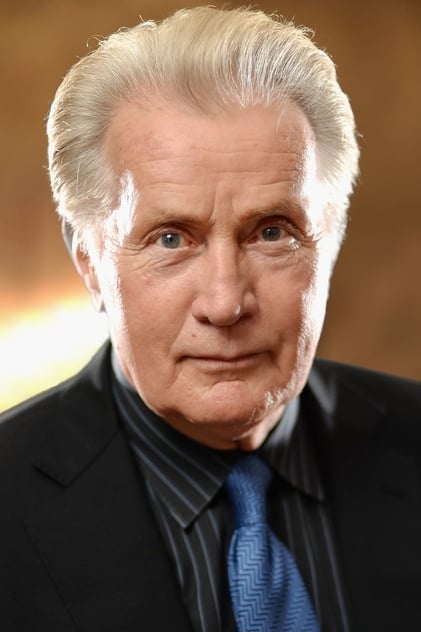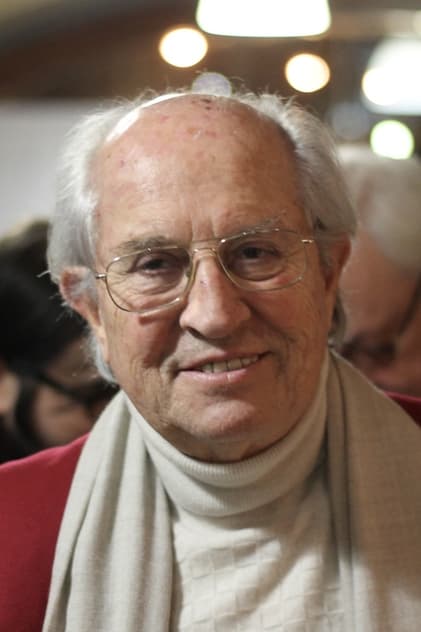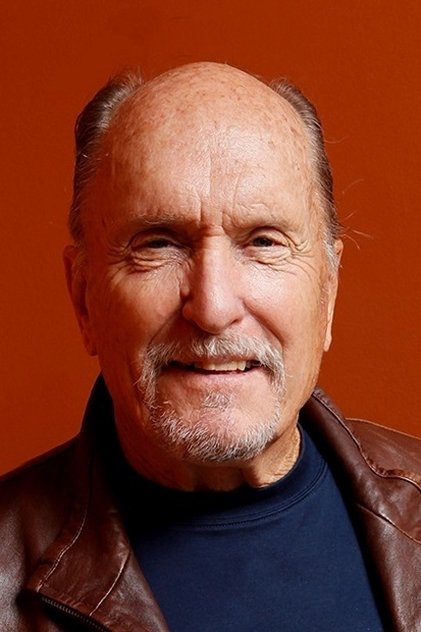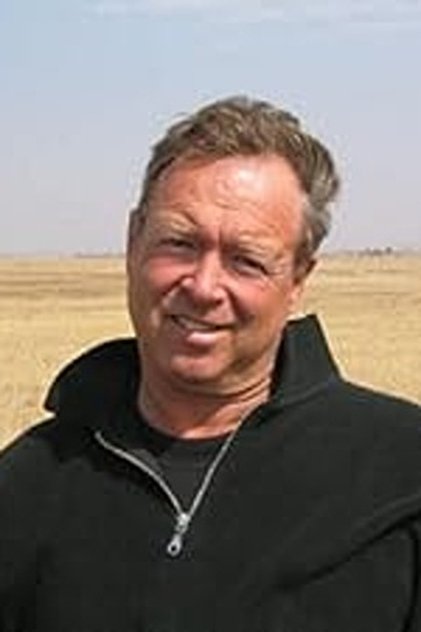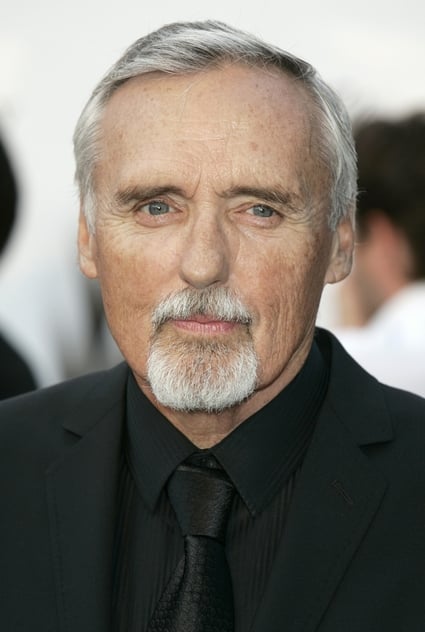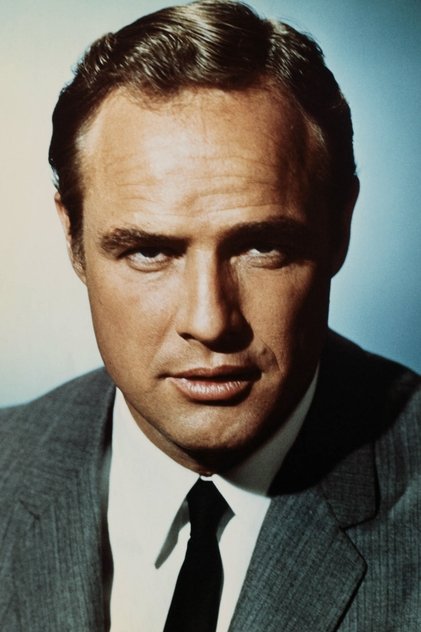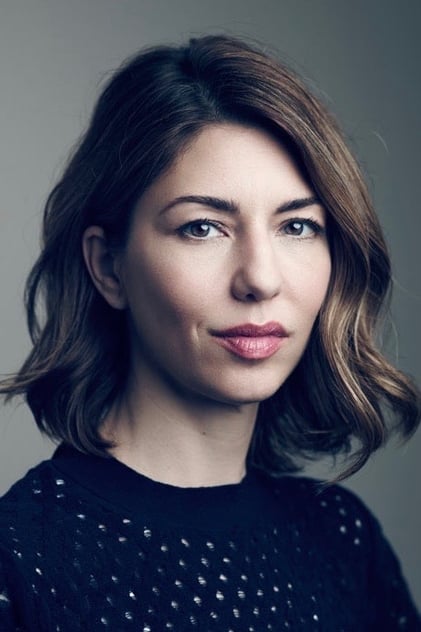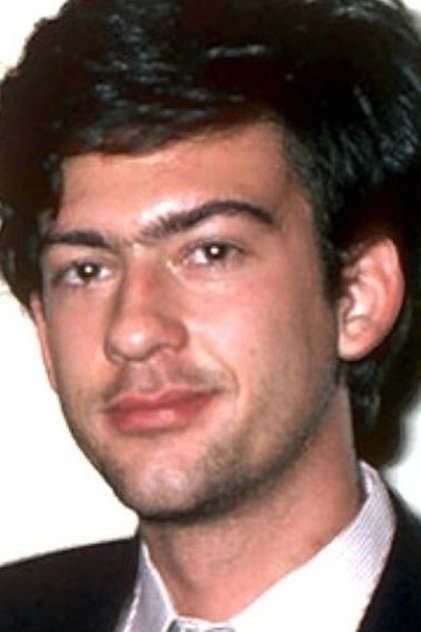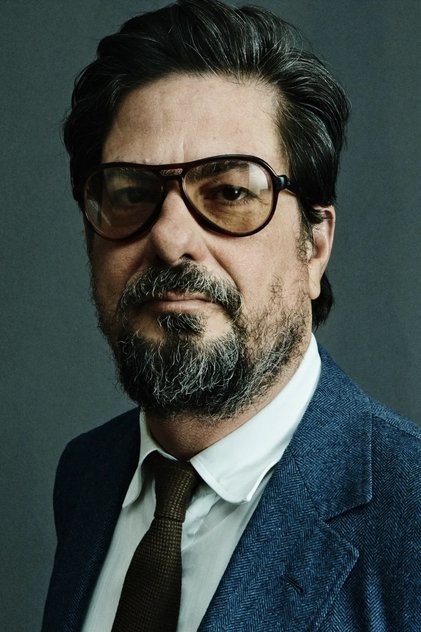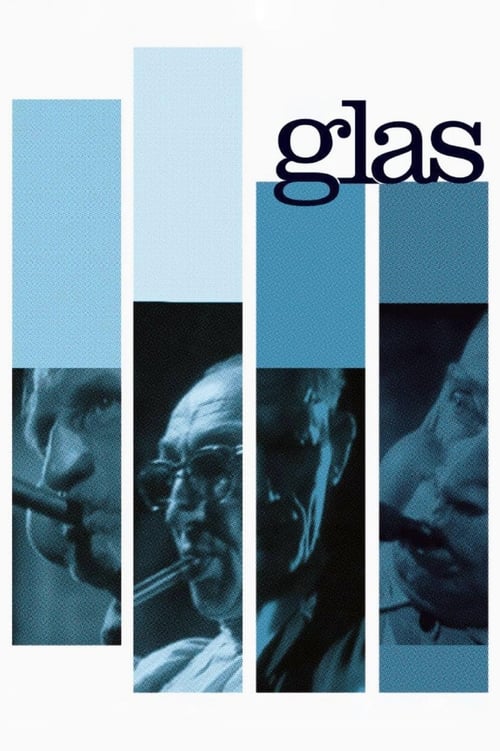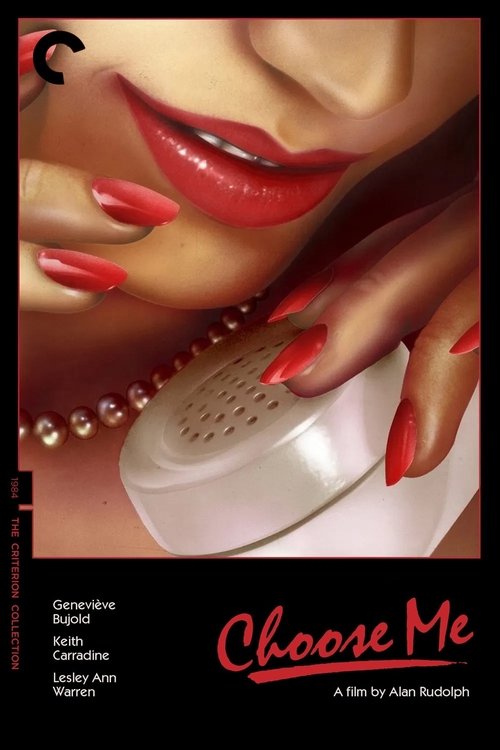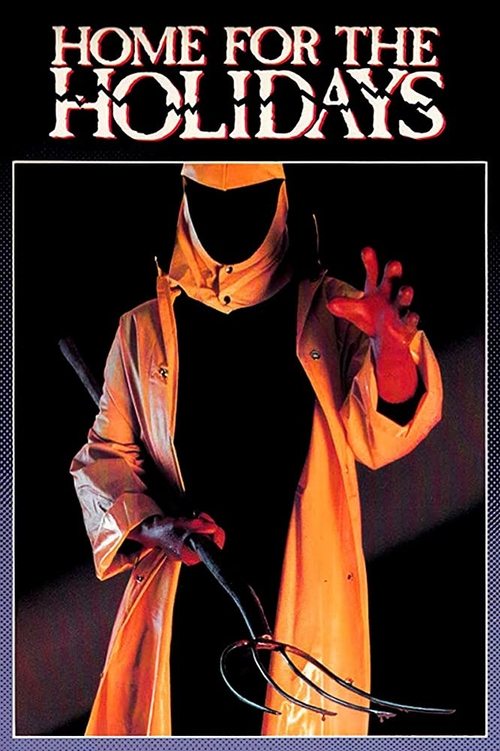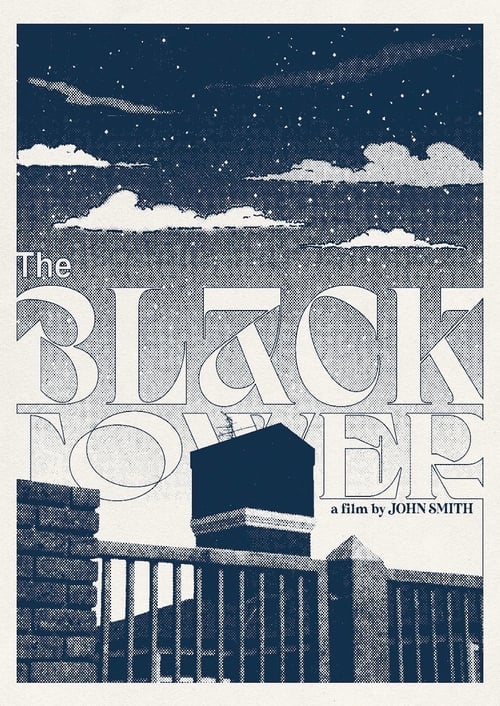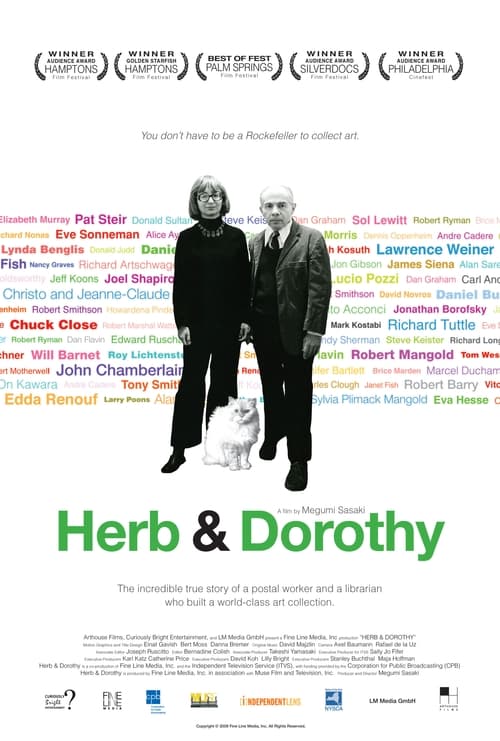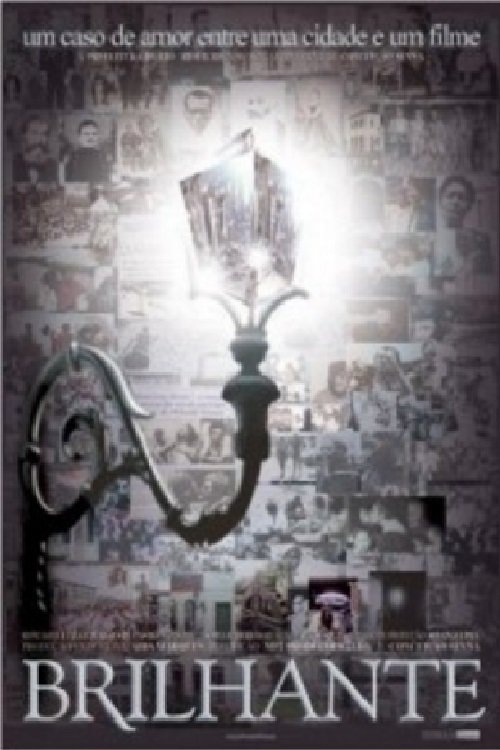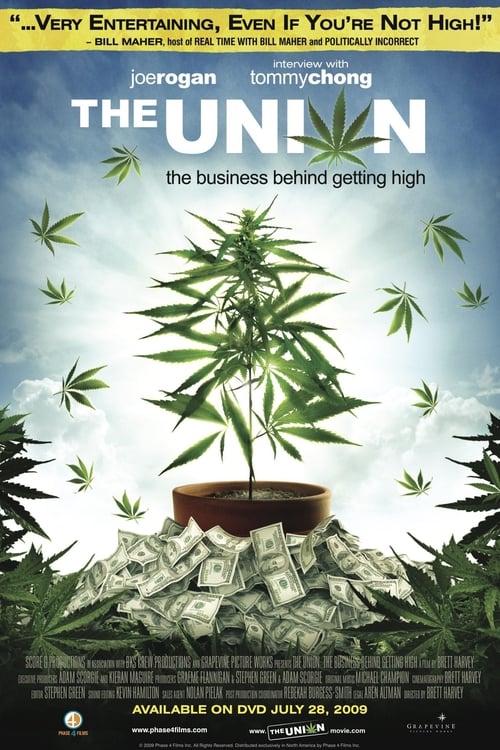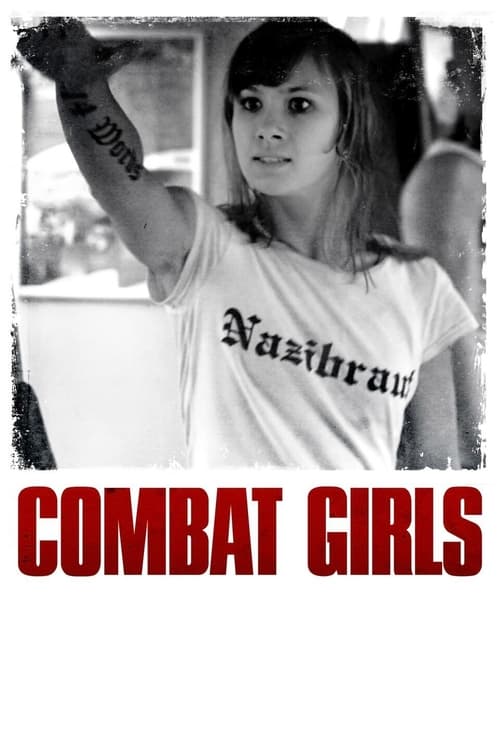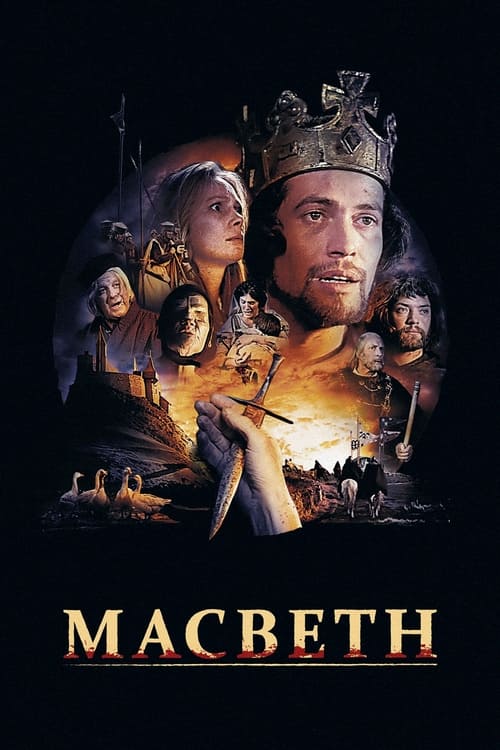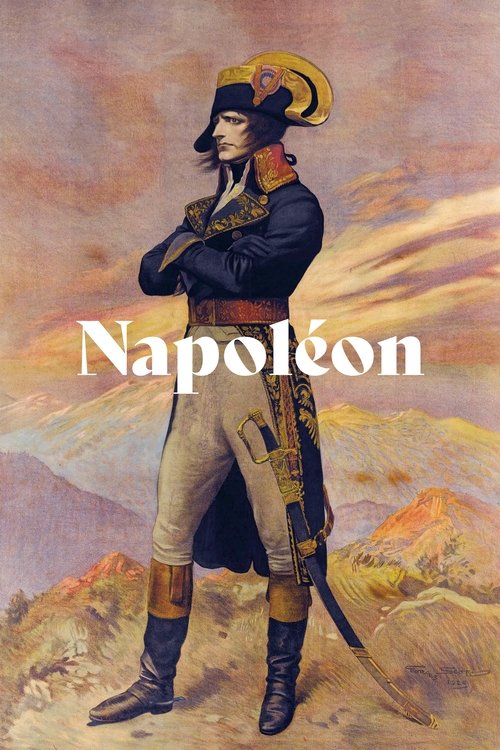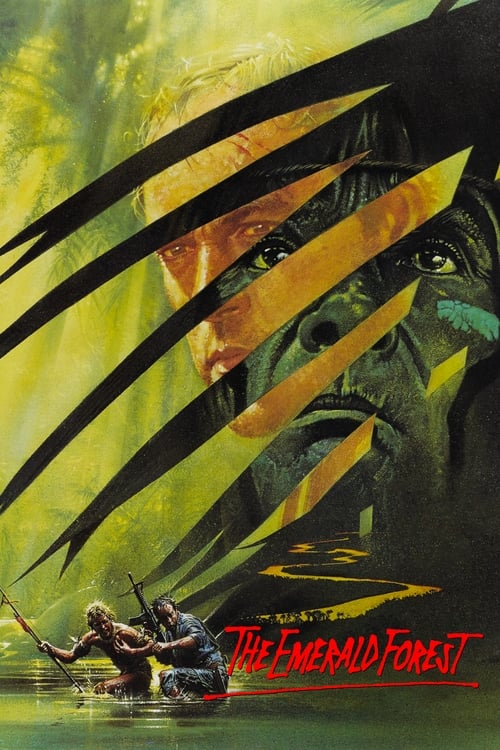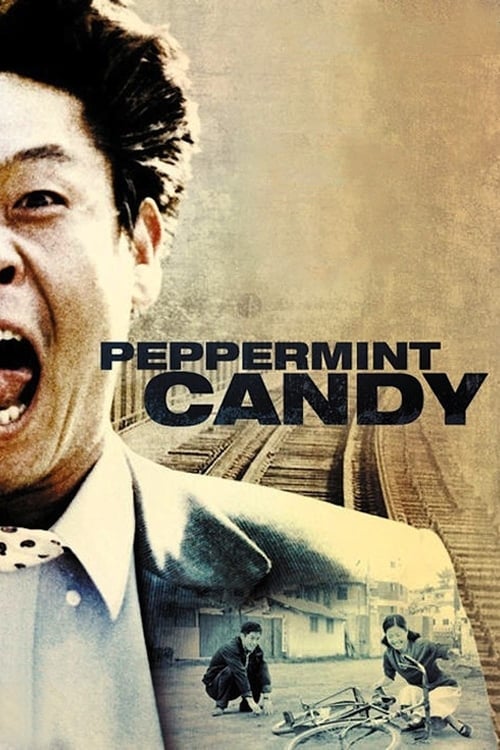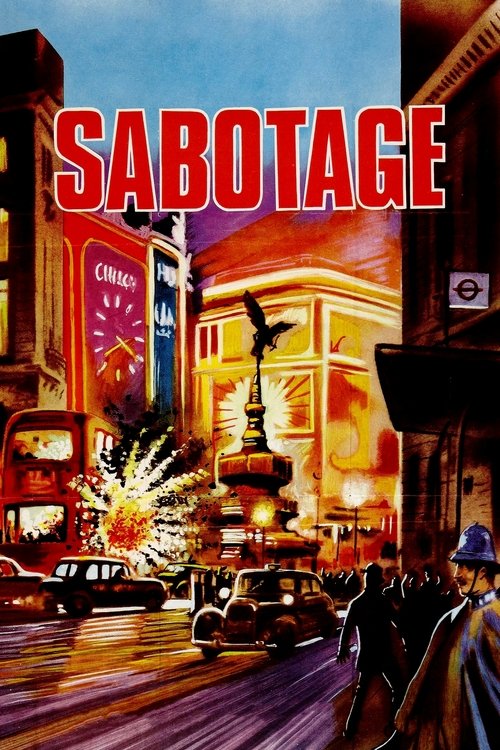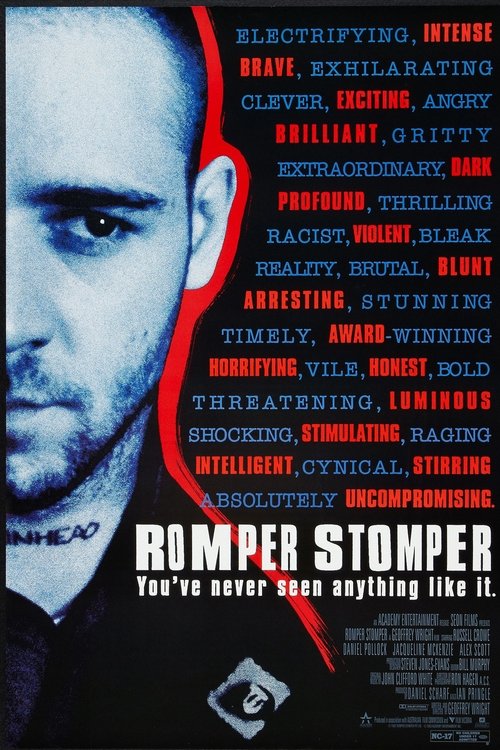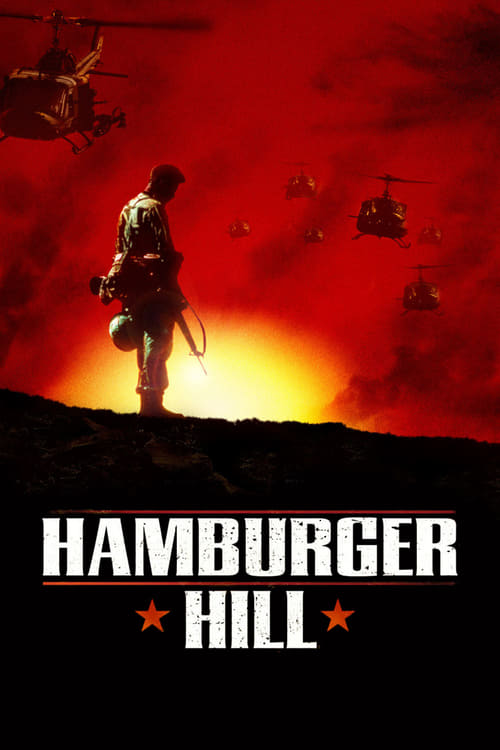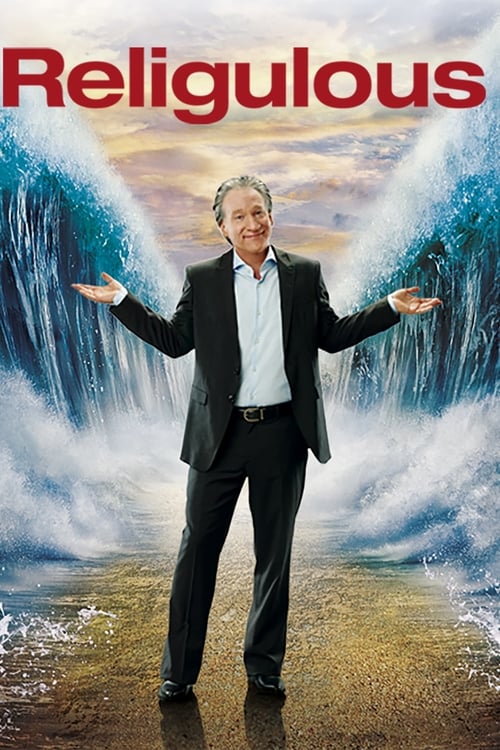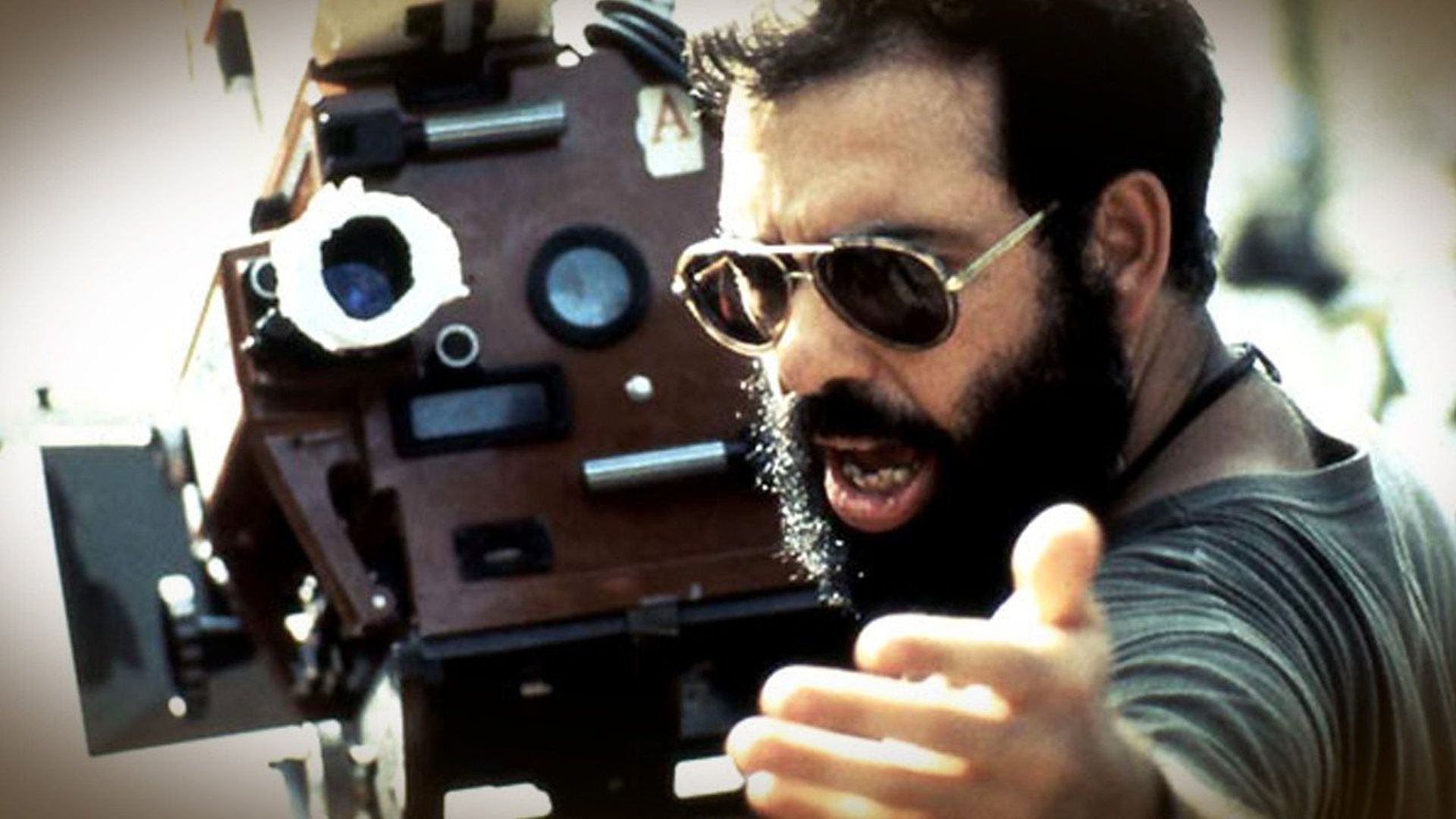
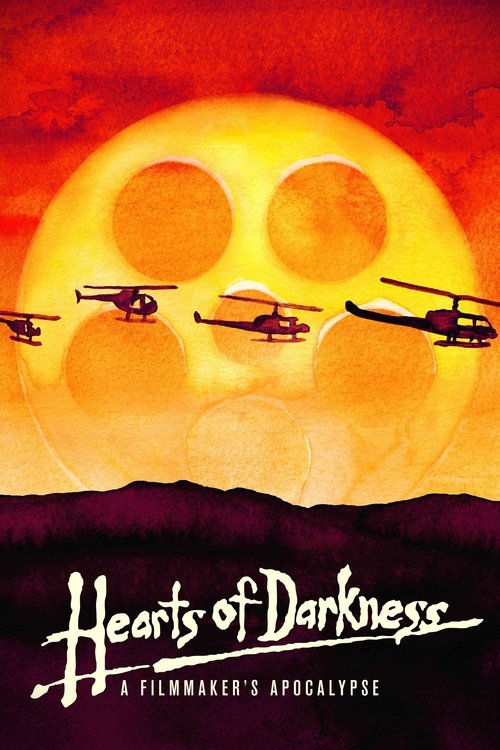
1991
·96m
Hearts of Darkness: A Filmmaker's Apocalypse
Summary
A chronicle of the production problems — including bad weather, actors' health, war near the filming locations, and more — which plagued the filming of Apocalypse Now, increasing costs and nearly destroying the life and career of Francis Ford Coppola.
Reviews
CRCulver
September 5, 2018
Francis Ford Coppola's film <i>Apocalypse Now</i> was one of the most infamously troubled productions in the history of Hollywood, so resonating in collective memory that it can still be parodied in new-millennium like <i>Tropic Thunder</i>. A typhoon struck the set in the Philippines, local officials were difficult to work with, Martin Sheen had a heart attack during filming, and Coppola was constantly troubled how to bring his script to a powerful ending. The 1991 documentary <i>Hearts of Darkness: A Filmmaker's Apocalypse</i> chronicles these trials and tribulations through audio recordings that Coppola's wife Eleanor made for her filming diary, informal footage of life on the set and interviews with cast and crew.
If all <i>Hearts of Darkness</i> did was rehash the same general trivia one can get from Wikipedia, like so many documentaries, it wouldn't be very good. I was pleased to find that it reveals a lot about the story that I never knew before. The genesis of the screen adaption of Joseph Conrad's novel in earlier attempts by Orson Welles and George Lucas is charted. Dennis Hopper's maniacal performance is placed in the context of his own nervousness at a career slump and his thankfulness that Coppola was giving him a second chance.
Perhaps the strongest point of the film is how it reveals the mind of someone tormented by his drive to create, and how a film can result from spontaneous choices on set that go far beyond any script. When the film was first shown at Cannes, Coppola said of the production "little by little we went insane", and indeed his highs of inspiration and lows of self-doubt are captured here. The opening of the film where Sheen's character drunkenly breaks a mirror and slumps, bleeding and crying next to his hotel room bed, is shown to have resulted from the cameras rolling when Sheen did drunkenly stumble on set.
Upon its 1991 release this documentary must have been even more interesting as it contains much footage that appeared only in the <i>Apocalypse Now Redux</i> director's cut in 2001: the French Plantation scene, the interlude in the abandoned, muddy camp, etc. I was surprised to hear Coppola insist on cutting the French Plantation scene because he was unsatisfied with the quality of the French actors and the lighting, not because of its place in the story. But what remains remarkable about <i>Hearts of Darkness</i> is that it betrays nothing of the scenes out of the 5-hour workprint that remain cut from commercial release, such as the prominent role given to Lt. Colby and his murder of the American photographer. There's also absolutely no shots of Harvey Keitel as Captain Williard before he was replaced.
